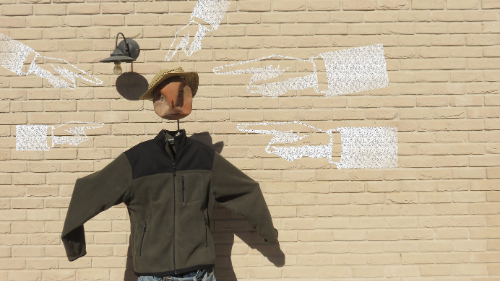The Weight of Guilt and How to Free Yourself from the Burden Holding You Back
Guilt becomes an invisible burden that hinders your
personal growth, relationships, and emotional well-being. Although it is a
natural emotion that helps us recognize mistakes and repair damage, when it
becomes chronic or disproportionate, it turns into an obstacle. Have you found
yourself repeatedly reliving a past mistake, unable to let it go? Then you
might be carrying guilt that is no longer useful.
What is guilt and how does
it manifest?
Guilt is a complex emotion. It arises when we act
against our values or when we believe we have failed someone. But it settles
without justified reason, fueled by self-demand, perfectionism, or constant
criticism. It manifests with thoughts like "I'm not enough," "I
should have done something different," or "everything is my
fault."
This emotion affects sleep, appetite,
relationships, and self-esteem. Many people carry guilt from childhood, such as
feeling responsible for family conflicts or decisions made in moments of
vulnerability. When not addressed, this emotional burden leads to anxiety,
depression, or even psychosomatic illnesses.
How to free yourself from
guilt and move forward?
Freeing yourself from guilt does not mean denying
responsibility. On the contrary: it involves recognizing what happened,
learning from it, and allowing yourself to heal. Here are some steps that can
help you:
- Where
does this guilt come from? What event triggered it? Was it really your
responsibility or are you assuming someone else's burden?
- Guilt
often distorts reality. Ask yourself if you are exaggerating your mistakes
or ignoring the circumstances of the moment.
- Talk
to yourself with the same understanding you would have for a loved one. We
all make mistakes, and that does not make you a bad person.
- If
you can ask for forgiveness or make amends, do it. But remember that often
forgiveness must also come from you to yourself.
- A
psychologist will help you work on guilt from the root and provide tools
to build a healthier narrative.
Carrying guilt that no longer serves only keeps you
trapped in the past. You deserve to move forward lightly, recognizing that your
worth does not depend on your mistakes, but on your ability to grow from them.



